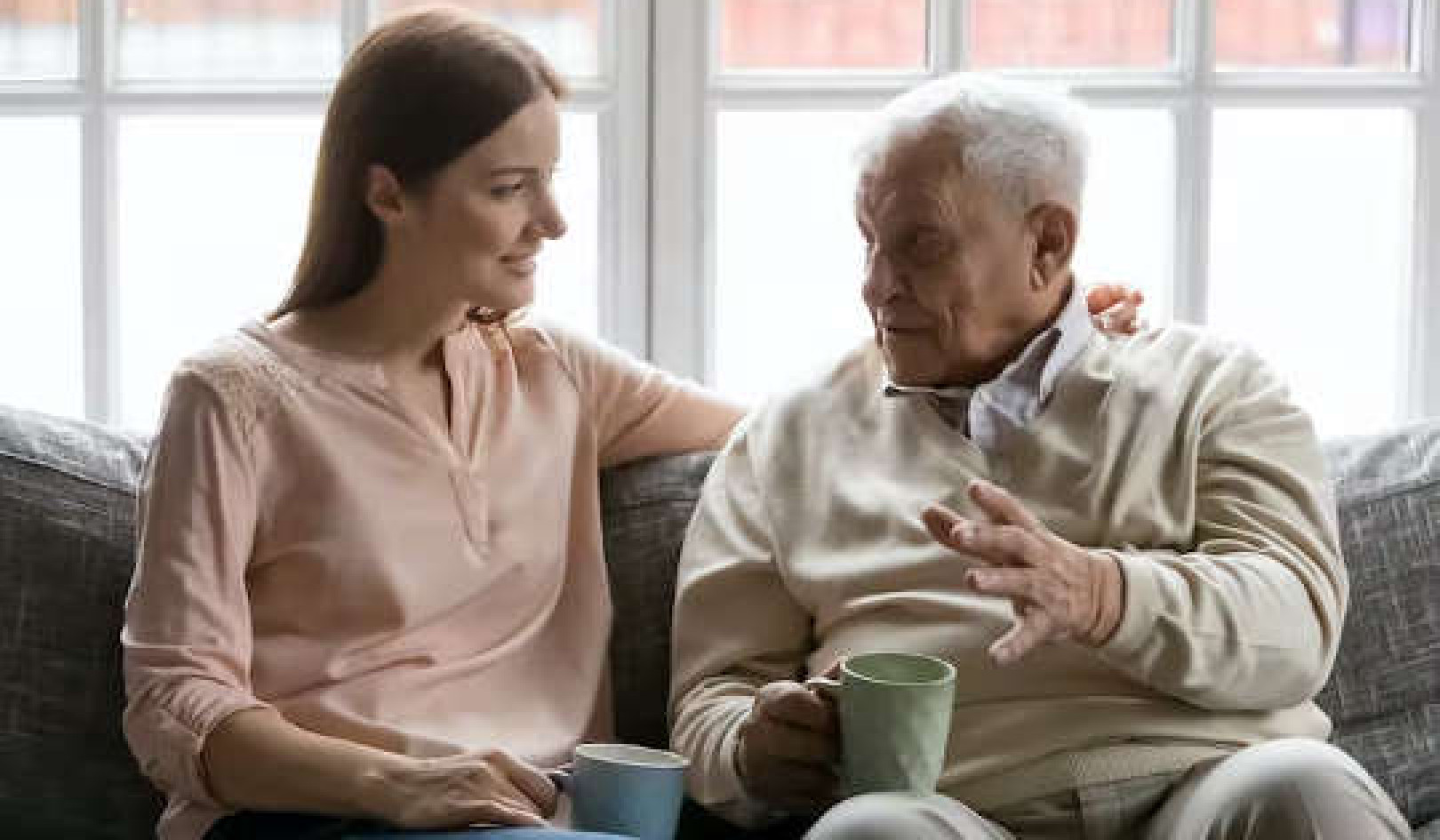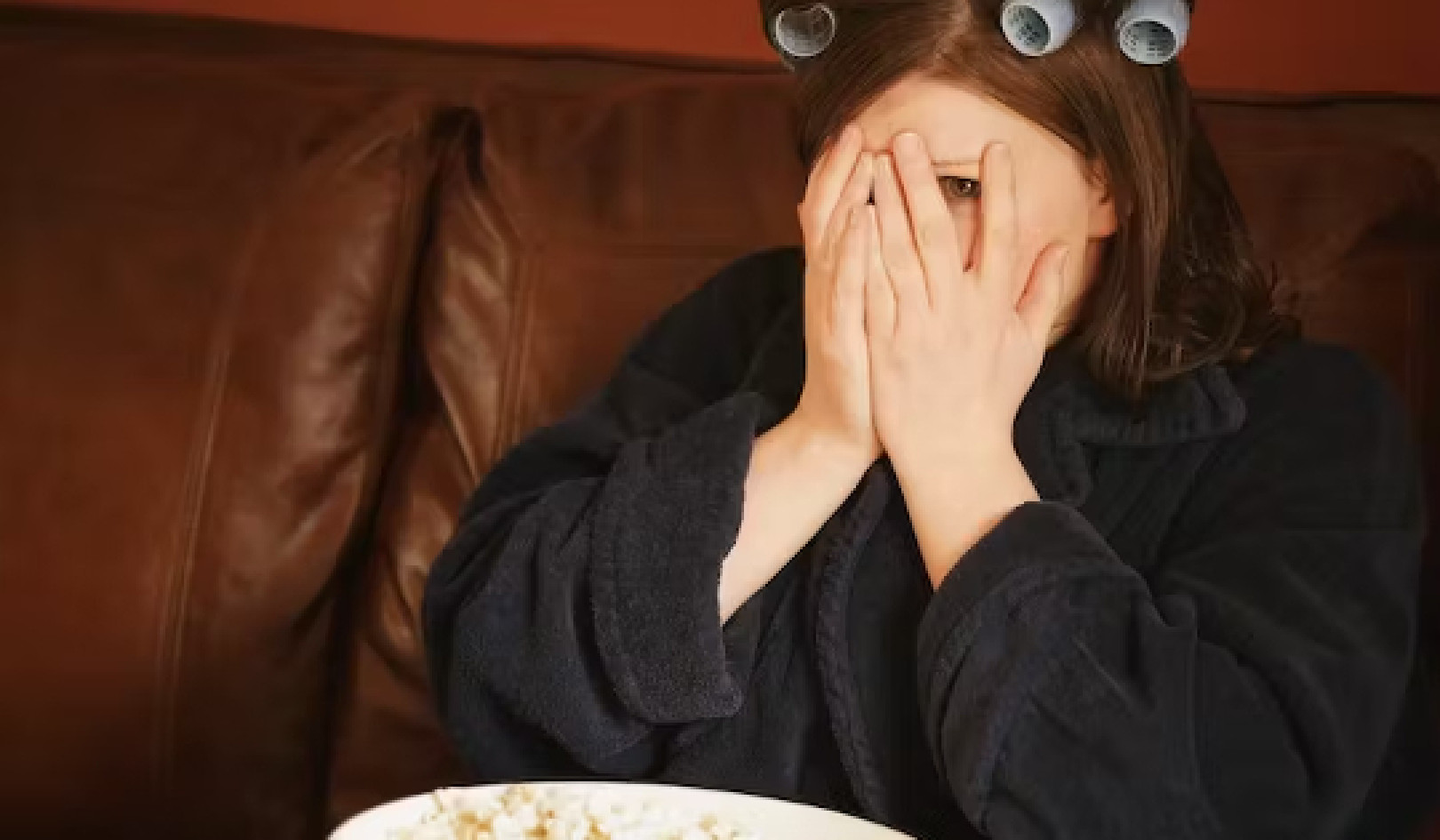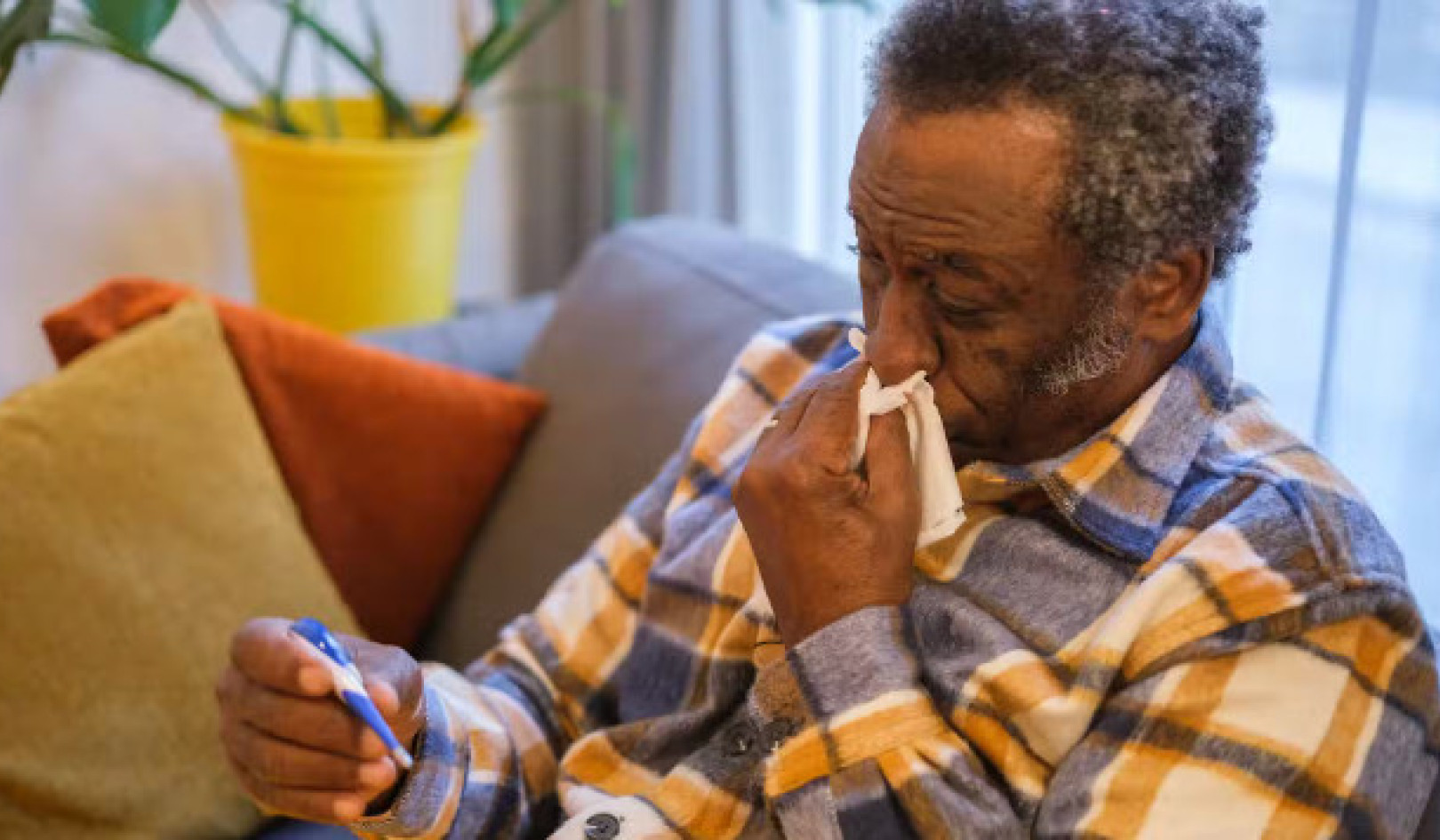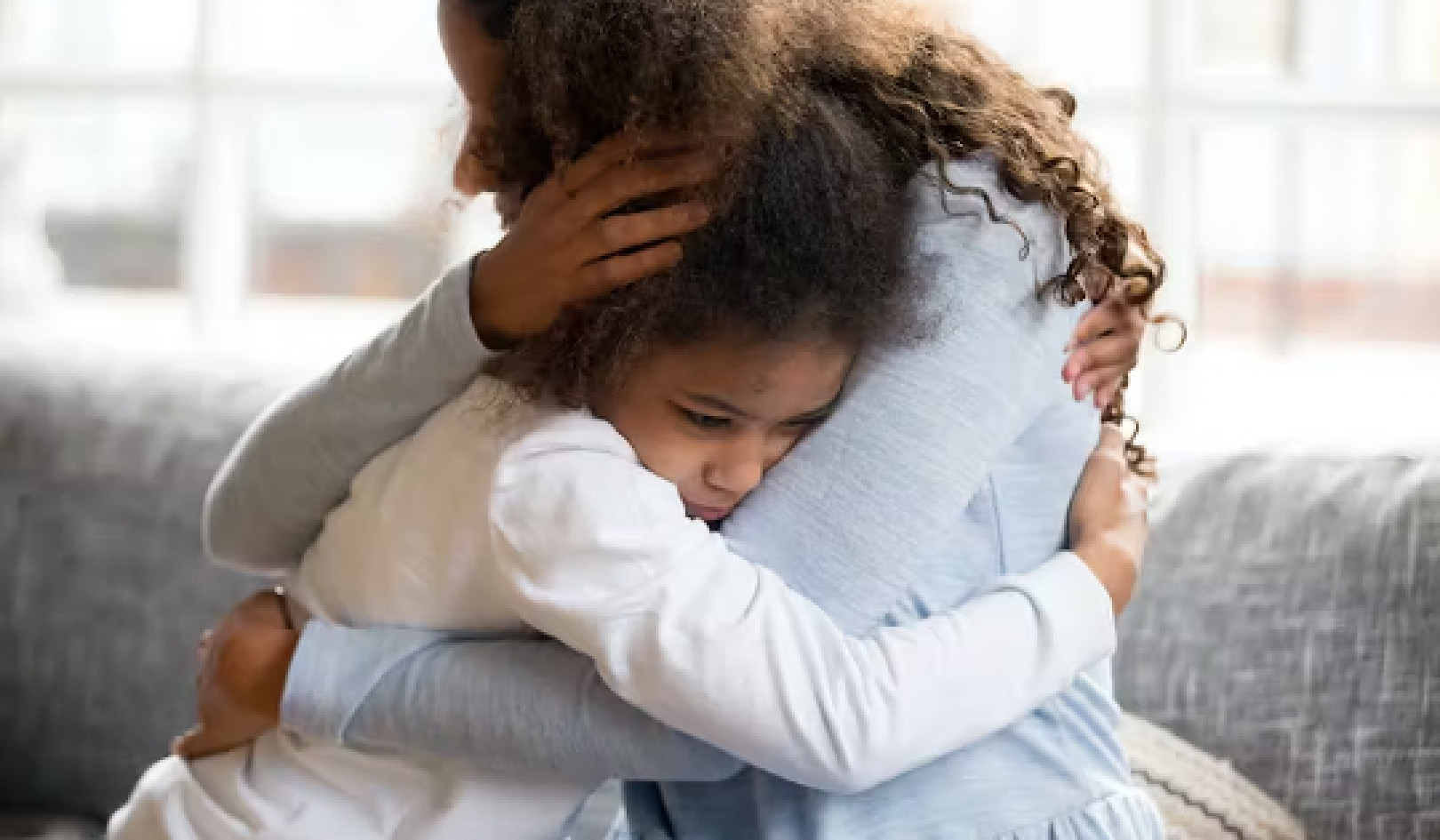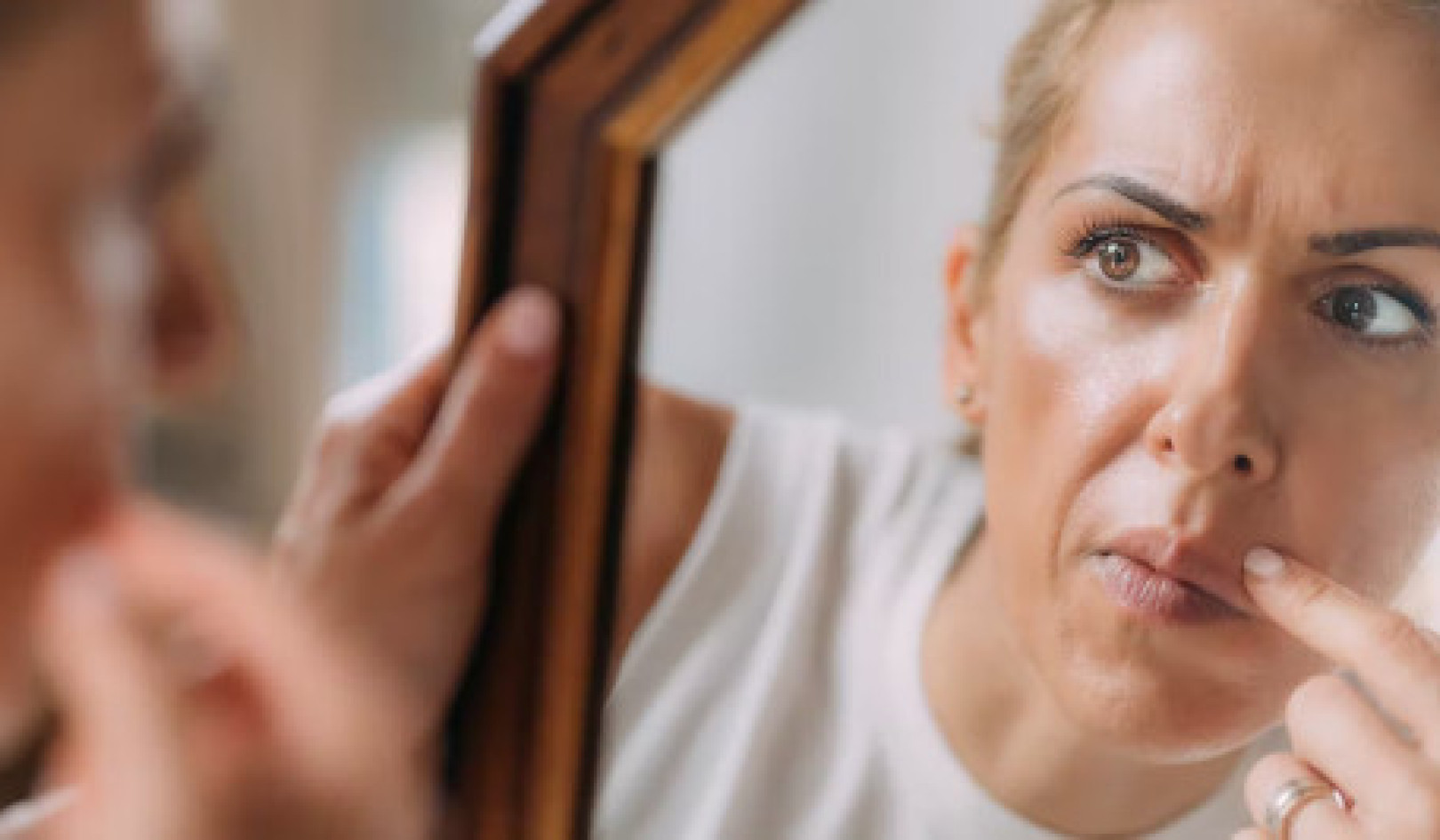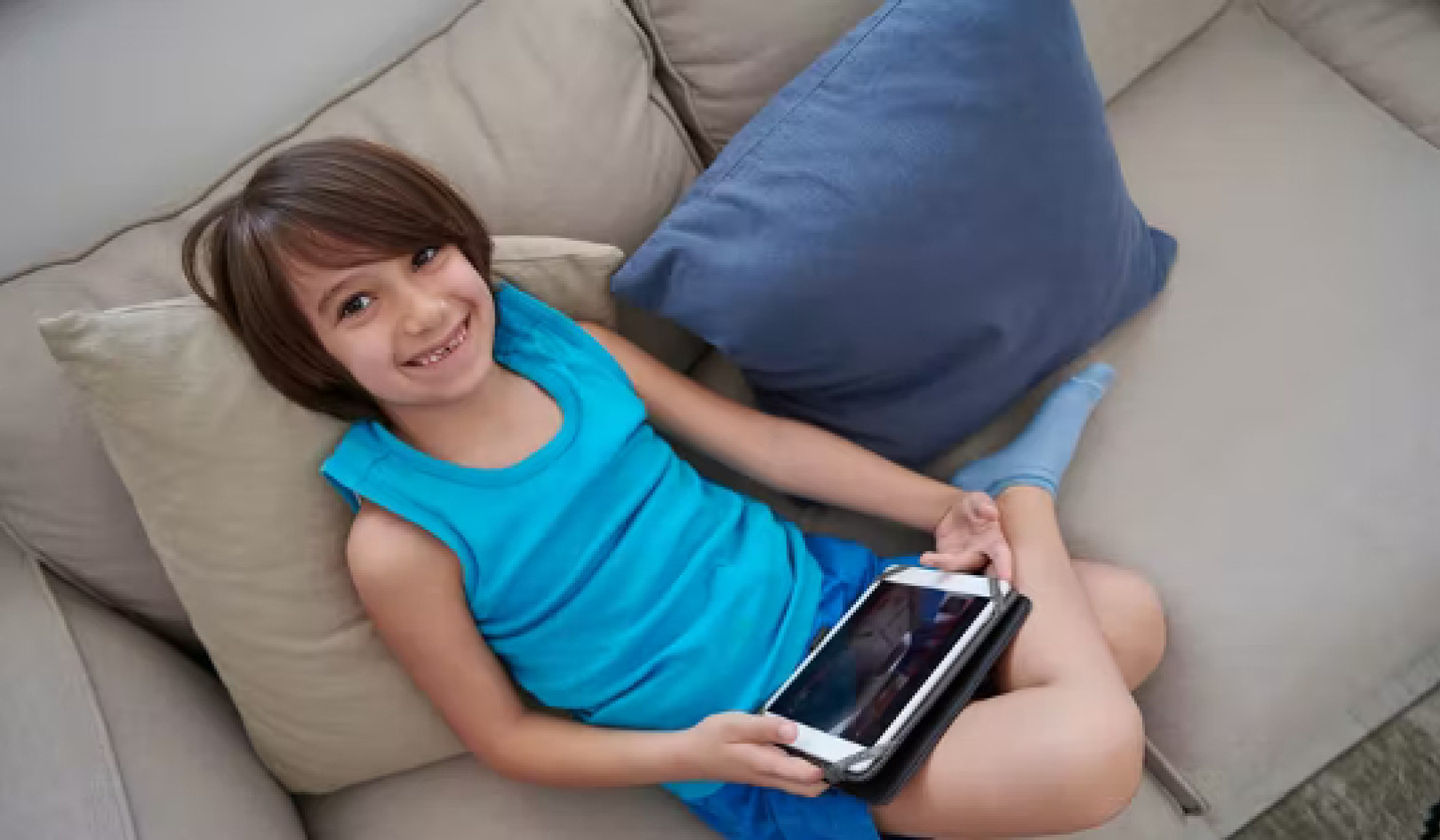
A few years ago, a dear friend of mine was going through a complicated divorce. Since I was very close to her, I became completely immersed in her emotional situation even though I was working hard on deadline for my second book. When friends asked me how I was doing, I almost wanted to say, “I am going through a divorce.” Then I remembered I wasn’t even married!
When my mother was going through her angst about my father’s affairs, one of her dear friends would stay up night after night listening to the stories. I could hear her say, “Elli, you’ve told me this story a hundred times.” But my mother needed to tell it a hundred more to get past the pain. Later in her life, she would know what to say to someone who was stuck in that way: “Darling, change the channel.” But I see now that her wisdom and freedom were the result of all she went through on her own journey.
Caring vs. Taking On Someone Else's Emotions
It’s a wonderful gift to have caring family and friends to listen to you. When life gets turbulent, they can be a safe haven where you feel protected and embraced. However, when we internalize other people’s problems and take on their pain as our own, then no one is being helped. I cared a great deal about my friend and was concerned about the outcome of her situation. I felt unhappy to see her suffer. But I was having a hard time finding the balance between being there for her and being there for my book.
Taking on someone else’s emotions was second nature to me. I didn’t really know how it was possible to love and care for someone without identifying in that way. Recognizing this familiar pattern, I decided to investigate the situation. I asked myself, like a good reporter, “When did that pattern begin?”
Dialoguing With Myself Brings Insights
It’s interesting how, when we take the time to dialogue with ourselves, the answers start to be revealed. A particular incident surfaced from my memory: I was seven years old and a friend came over to my house to play. She fell and scraped her knee, and my mother placed a Band-Aid over the wound. The girl began crying, saying, “I don’t want that Band-Aid!”
My mother turned to me and said, “Why don’t you put on a Band-Aid as well? That will make her feel better.” Which of course I did. I liked my friend and I wanted her to feel better so she could play with me. When you are seven, you think, Wow, if that’s all it takes, if my putting on a Band-Aid can make my friend feel better, I’ll do it! Little did I know that the Band-Aid was going to leave a big imprint on me.
Taking Off The Co-Dependency Band-Aid
 When I remembered this, I saw how, over the years, instead of letting my joy and well-being infuse other people, I had gone in the opposite direction and allowed other people’s emotional states to become mine. I immersed myself in their feelings, making myself responsible for their happiness or lack of it. But as I reflected on it, I realized that I wasn’t serving anybody by putting a Band-Aid on myself so that their wounds would hurt less. That was an irrational belief that I had to dismantle and a bad emotional habit that I had to break.
When I remembered this, I saw how, over the years, instead of letting my joy and well-being infuse other people, I had gone in the opposite direction and allowed other people’s emotional states to become mine. I immersed myself in their feelings, making myself responsible for their happiness or lack of it. But as I reflected on it, I realized that I wasn’t serving anybody by putting a Band-Aid on myself so that their wounds would hurt less. That was an irrational belief that I had to dismantle and a bad emotional habit that I had to break.
I had to reclaim my right to be happy even when people around me whom I cared about were not. It was time to take off the Band-Aid.
How to Break the Band-Aid Habit?
So I had this resolution to take off the Band-Aid — I just had to figure out how. The habit of being too empathetic was so deeply ingrained that I needed to work at finding another way.
The thing was, I thought that getting attached to people’s problems was the way to love them, and that if I placed distance between myself and their problems, I wasn’t acting like a caring human being. But the highest form of caring is really to step back and give others space to go through what they have to go through. It’s presumptuous to think that other people can’t handle what they’re given. We all have a lot more resources than we know.
Shifting from Over-Empathizing to Compassion and Empathy
This has been one of the most challenging patterns for me to break. If over-empathizing with other people truly helped them, it might not be such a bad trait, but in my experience, it doesn’t fix a thing. They’re still going through it, and now you are, too. It’s very liberating to find out that just loving people is enough.
For me, learning to claim that right is a lifelong process. When I find myself in situations of tension, conflict, or angst, I have to remind myself that I do not have to put on a Band-Aid to make the person who’s hurting feel better. We all go through different cycles in our lives. But we have a choice: we can be compassionate and empathetic while still honoring the emotional state we ourselves inhabit. We all have the inner grace to help ourselves in what we’re going through. The day I realized that, I felt a huge burden lifted from me.
Today, my friend is flourishing. She’s done with the divorce, she has a new relationship in her life, and she has found a whole new strength to re-create herself. It takes a higher perspective to be able to see that this kind of transformation can happen and that these experiences, which seem so defeating in the moment, are there to serve a higher purpose.
©2012 by Agapi Stassinopoulos. All Rights Reserved.
Reprinted with permission of the publisher,
Hay House Inc. www.hayhouse.com
This article was adapted with permission from the book:
Unbinding the Heart: A Dose of Greek Wisdom, Generosity, and Unconditional Love
by Agapi Stassinopoulos.
 Everyone is born with an open heart, but we quickly learn to put conditions on our happiness — comparing ourselves to others, casting judgment, doubting ourselves, allowing fear or entitlement or self-righteousness to take hold — and slowly our hearts begin to close. In doing so we immobilize our spirit, stifle our authentic expression, and cut off our joy. In Unbinding the Heart, author, speaker, and Huffington Post regular Agapi Stassinopoulos invites readers on an inspiring journey of inner exploration to reconnect with their true selves.
Everyone is born with an open heart, but we quickly learn to put conditions on our happiness — comparing ourselves to others, casting judgment, doubting ourselves, allowing fear or entitlement or self-righteousness to take hold — and slowly our hearts begin to close. In doing so we immobilize our spirit, stifle our authentic expression, and cut off our joy. In Unbinding the Heart, author, speaker, and Huffington Post regular Agapi Stassinopoulos invites readers on an inspiring journey of inner exploration to reconnect with their true selves.
Click here for more info or to order this book on Amazon.
About the Author
 Agapi Stassinopoulos was born and raised in Athens, Greece. At age 18, she entered the prestigious Royal Academy of Dramatic Art in London and afterward became a member of the Young Vic. She moved to the United States to do film and television, and later attended the University of Santa Monica, where she completed her Master’s in Psychology. An inspiring speaker, Agapi conducts seminars world-wide empowering people to recognize their individual gifts and create the lives they want. She is a frequent blogger for The Huffington Post and the sister of Arianna Huffington. Website: www.unbindingtheheart.com
Agapi Stassinopoulos was born and raised in Athens, Greece. At age 18, she entered the prestigious Royal Academy of Dramatic Art in London and afterward became a member of the Young Vic. She moved to the United States to do film and television, and later attended the University of Santa Monica, where she completed her Master’s in Psychology. An inspiring speaker, Agapi conducts seminars world-wide empowering people to recognize their individual gifts and create the lives they want. She is a frequent blogger for The Huffington Post and the sister of Arianna Huffington. Website: www.unbindingtheheart.com



















